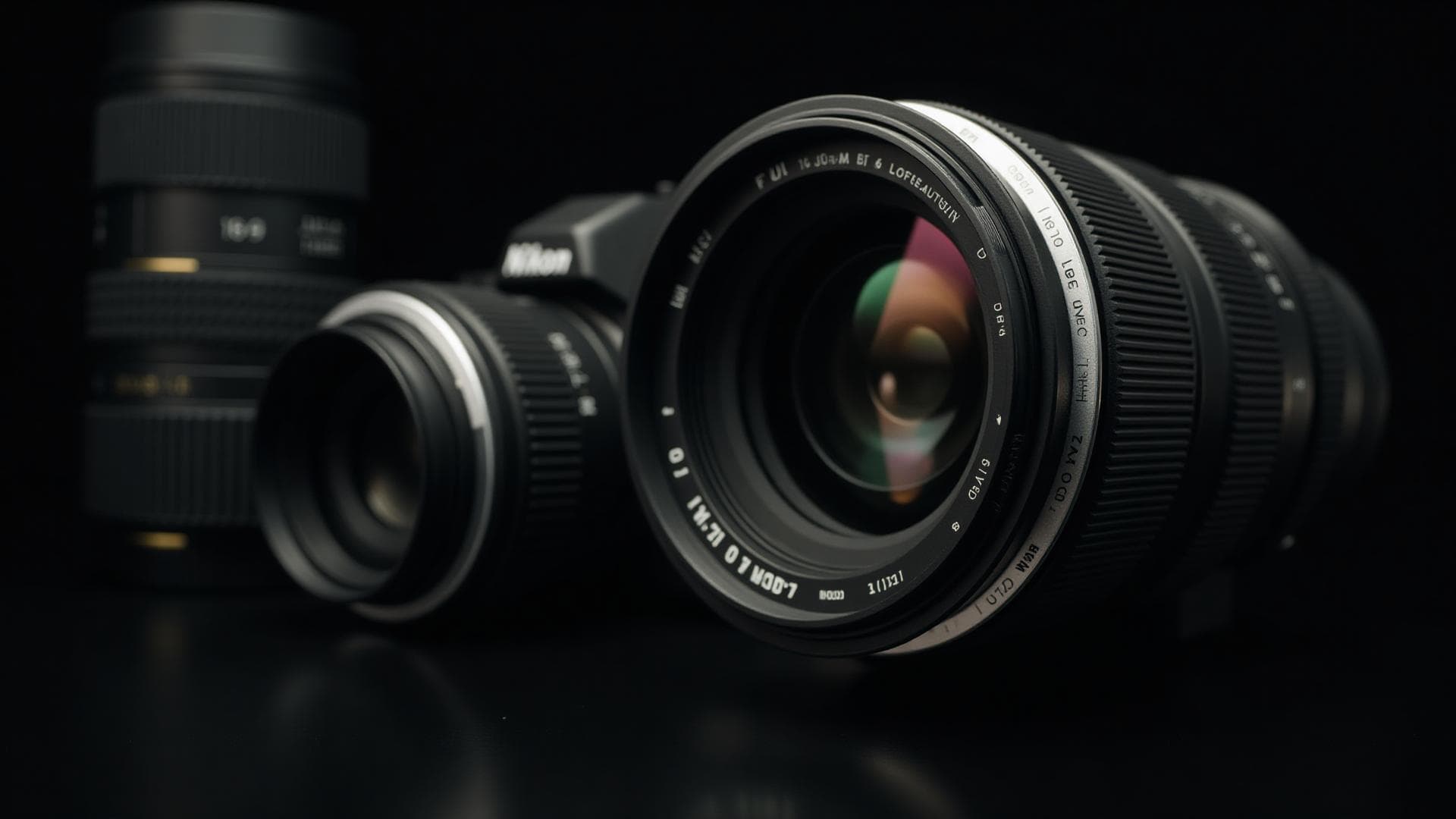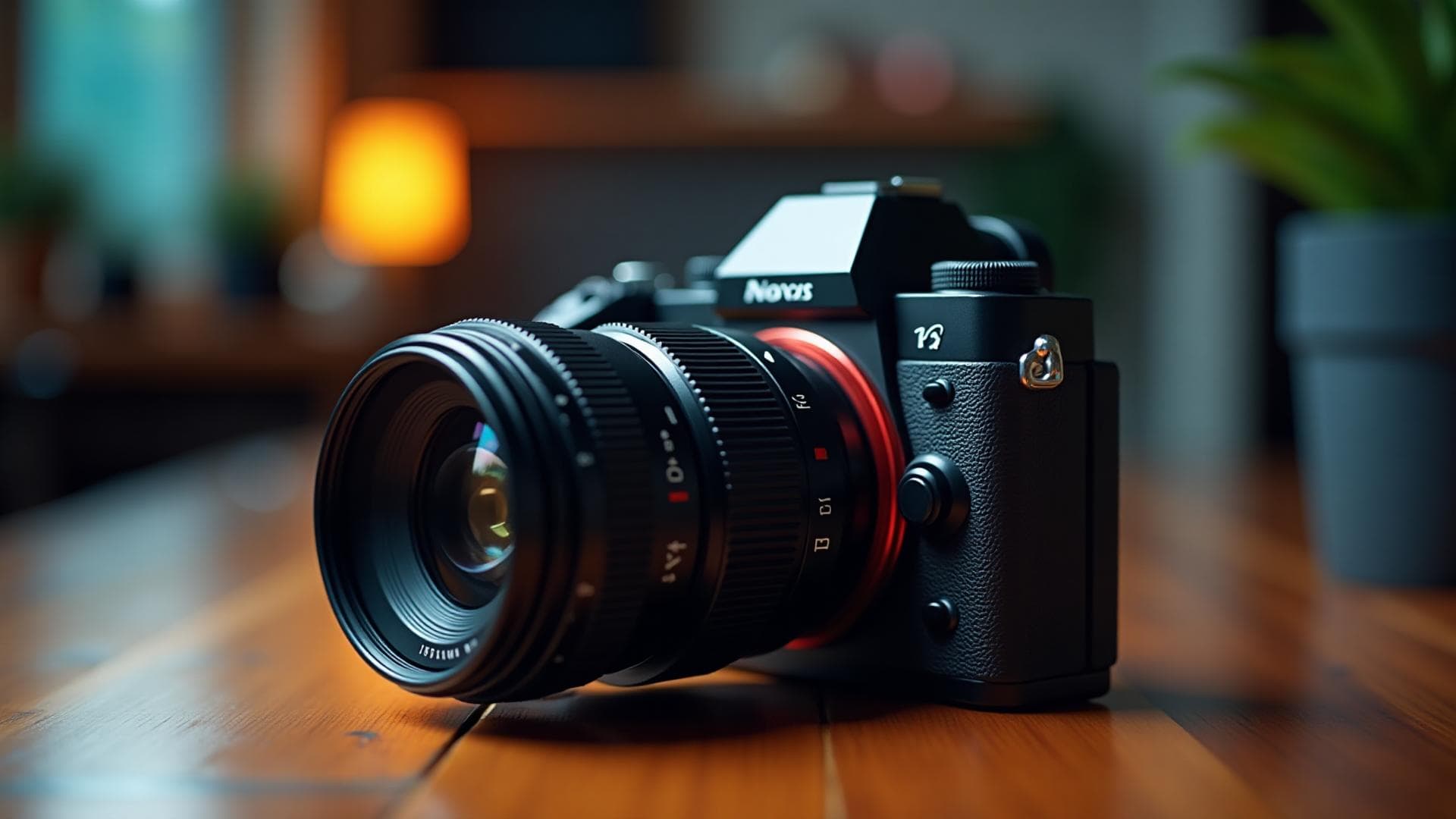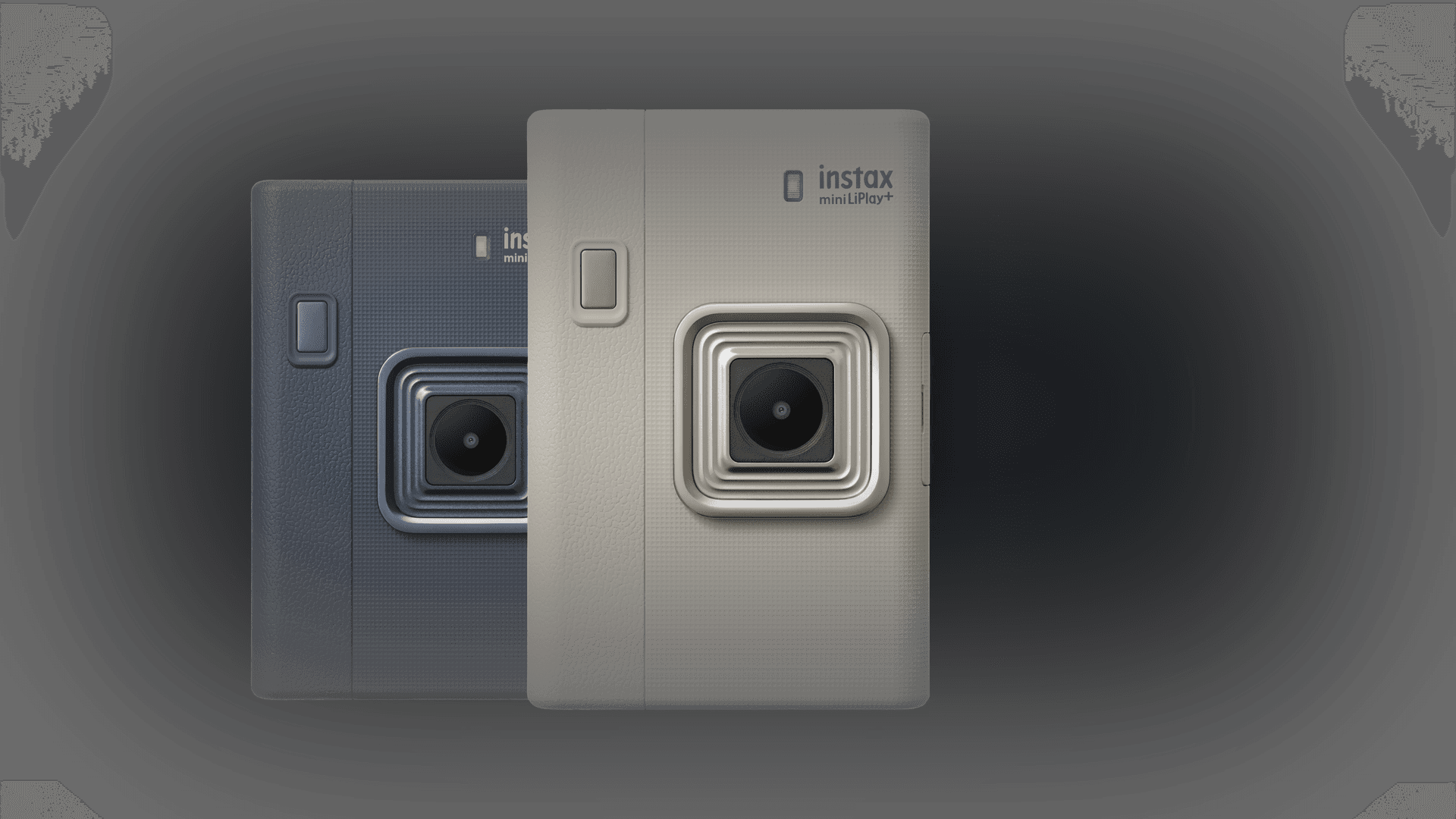Nikon's entry into the cinema lens market has filmmakers and hybrid shooters asking important questions. Let's examine what makes this lens special and whether it deserves a place in your kit.
Build Quality and Design
The first thing you notice is the solid, professional construction:
- All-metal housing: Built to withstand professional use
- Smooth focus and aperture rings: Essential for video work
- Consistent focus throw: 270-degree rotation for precise control
- Minimal breathing: Critical for professional video work
Optical Performance
Where this lens truly shines:
Sharpness
- Edge-to-edge sharpness even wide open
- Minimal chromatic aberration
- Excellent contrast and color rendition
Bokeh Quality
The 11-blade aperture creates smooth, circular bokeh that's pleasing in both photo and video applications.
Video-Specific Features
What sets cinema lenses apart:
- Parfocal design: Maintain focus while zooming
- T-stops: More accurate exposure control than f-stops
- Minimal focus breathing: Subjects don't shift size during focus pulls
- Gear-driven rings: Compatible with follow focus systems
Real-World Usage
After extensive testing:
Pros - Exceptional image quality - Professional build quality - Smooth, precise controls - Minimal focus breathing
Cons - Premium price point - Heavier than photo lenses - Manual focus only (by design)
Who Should Buy?
This lens makes sense for:
- Professional videographers and filmmakers
- Hybrid shooters doing serious video work
- Production companies building a cinema lens set
Alternatives to Consider
If the price is concerning: - Third-party cinema lenses offer good value - Photo lenses with de-clicked apertures can work - Adapting vintage glass for character
Final Verdict
This is a professional tool for serious work. If you're creating content where image quality and control matter, it's worth the investment. For hobbyists or occasional video work, there are more cost-effective options.


